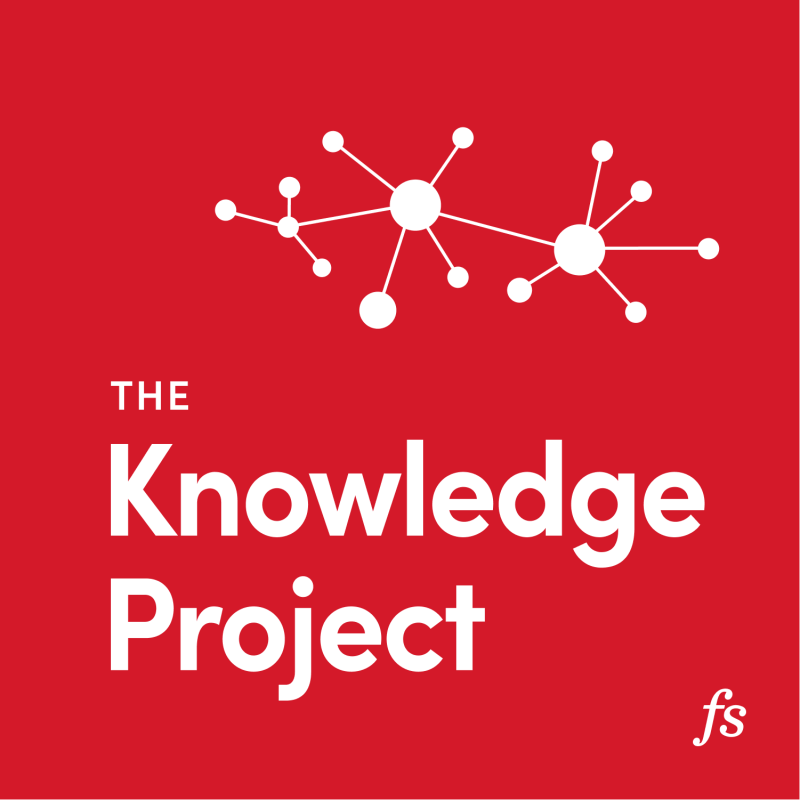Angela Duckworth is a professor of Psychology at the University of Pennsylvania studying why some people succeed and others fail. She’s the author of Grit, a New York Times bestseller that reveals the secret to outstanding achievement is passion and persistence. In this conversation, she explores grit, whether human behavior is constant or circumstantial, the mindsets that help us succeed, developing our passion, personal rules for success, and so much more.
Now available on: YouTube | Apple Podcasts | Spotify | Transcript
Here are a few highlights from the conversation:
Conscientious people select jobs that require conscientiousness. But then the situation talks back to the personality and shapes the personality. After you’ve been in a job that requires lots of detail orientation and diligent methodical work, you yourself after years will be shaped by it and so forth. So I believe that the situation matters. I believe that we do have characters, strengths, or personality traits. There’s a lot more complexity to get into, but I think the metaphor that we want to use is that there’s a conversation going on between ourselves and the circumstances in which we are.
Satisficing is a description of most people and maximizing without end is a description of the people that I study. The thing I would amend to that, or I guess append to that, is that one of the things that I admire about outstanding performers is that they are never done. They’re the opposite of complacent. I think one of the hidden dangers of success is that you stop working as hard as you need to. That’s related to the first thing that we were saying, but just like, there are people that I know who want to win their second Nobel Prize. The people who are just tireless. So they learn as much in bad years as they do in good years. And I think that’s maybe, they’re perennial learners.
One of the things that’s interesting about regulating your anger if you have a bad temper, or your sadness if you tend toward melancholy, or your happiness if you want more of that, or I guess if you want less of that, is that people can use these mental strategies, like what I pay attention to, how I’m going to frame things, my self-talk. But also you can just change your actual situation…I think that idea that your situation isn’t just fixed or set but something you can agentically intentionally modify is one of the most important lessons you could learn in life.
The number one thing is that people develop confidence when they have struggled to overcome something and come out victorious. The engineering problem for a parent is then to figure out the right size of challenge for the kid in the next moment in time. I think that we often get it wrong. The challenge is just too big or too small.
Feedback as they say is a gift, but most of us don’t know how to unwrap it. It’s not a gift that we usually want to receive at the moment it’s given to us and the way it’s given to us. I think it’s a skill. I truly believe that if somebody is eager for feedback, actively solicits it, tries to listen to it, and learns something from it; those are the people I never worry about.
Ask yourself: how much of my day am I hyper-conscious about exactly what I’m trying to do? I have a movie in my head of what it looks like before I do it. And then I’m practicing with full concentration. My phone’s off, nobody’s around me. I’m getting immediate feedback, and then I’m going to just do it all again. I don’t know, there could be days that go by without any deliberate practice.
And so much more. It’s time to listen and learn.

